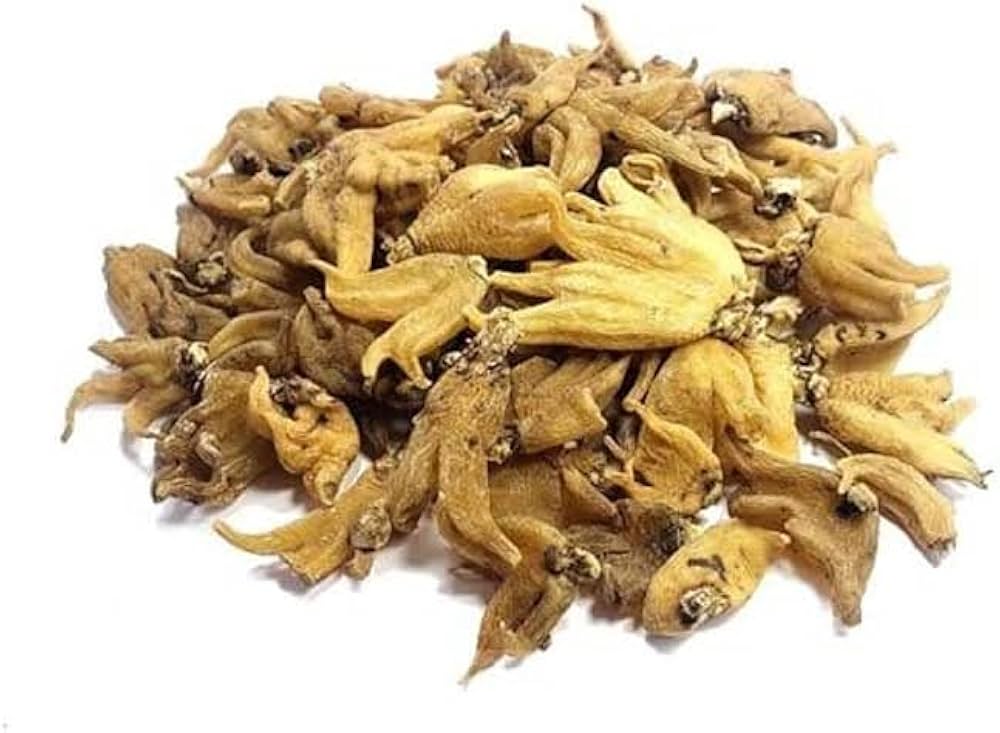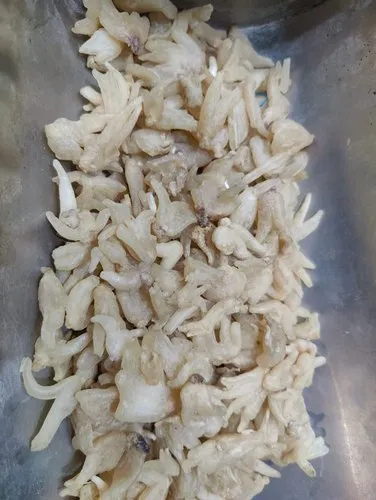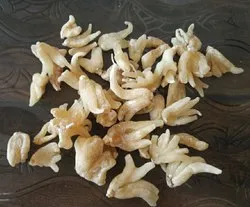INTRODUCTION:
The Marsh Orchid is a group of flowering plants belonging to the genus Dactylorhiza, commonly found in damp and marshy environments across Europe and parts of Asia. These orchids are known for their beautiful, often spotted flowers and their ability to thrive in wet meadows, bogs, and marshlands.One of the most well-known species is the Common Marsh Orchid (Dactylorhiza majalis), which displays vibrant purple to pink flowers arranged in dense spikes. The leaves are typically green with dark spots, adding to the plant’s ornamental appeal.

English: Salab Panga / Marsh Orchid / Himalayan Orchid
Latin (Botanical): Dactylorhiza hatagirea / Orchis mascula
Arabic: سلب بانجه (Salab Banjah) or simply سحلب (Sahlab
Urdu: سلب پانگا (Salab Panga
Hindi: सलब पांगा (Salab Panga)
Sanskrit: मरीचा (Marīcā) or वज्रकंद (Vajrakanda)
Punjabi: ਸਲਬ ਪਾਂਗਾ (Salab Pāṅgā)
Malayalam: സാലപ് ഓർക്കിഡ് (Salap Orchid)
Tamil: சலாப் ஆர்க்கிட் (Salap Orchid)
HEALTH BENEFITS:

Increases Stamina and Sexual Drive:
Salam Panja is an aphrodisiac that enhances physical performance, sexual desire, and overall stamina.
Improves Sperm Health:
It helps increase sperm count and quality, and improves sperm motility.
Boosts Testosterone:
The herb is believed to stimulate testosterone production, which is essential for male hormonal balance.
Treats Sexual Dysfunction:
It is used to address erectile dysfunction and premature ejaculation by strengthening penile tissues and increasing blood supply to the organ.
5. Energy and Vitality Booster
Considered a powerful rejuvenative herb (Rasayana) in Ayurveda.
Traditionally given to recover from weakness, fatigue, and after long illnesses.
6. Aids in Muscle Strength and Bodybuilding
Rich in nutrients and starch, used by athletes and bodybuilders in some cultures.
Helps build muscle mass and stamina naturally.
7. Helps in Male Fertility
Often prescribed for low sperm count, premature ejaculation, and sexual debility.
Acts on the reproductive tissues (Shukra Dhatu in Ayurveda).
8. Tonic for Women’s Health
Used to regulate menstruation and improve reproductive health.
Traditionally given after childbirth for recovery.
SIDE EFFECTS:

Digestive Issues
Constipation may occur due to its thick, mucilaginous nature.
In rare cases, it may cause bloating or heaviness if taken in excess.
2. Allergic Reactions
Some individuals may be allergic to orchids or compounds within the plant.
Symptoms can include skin rash, itching, or respiratory irritation.
3. Hormonal Effects
Due to its action on the reproductive system, excessive use may cause hormonal imbalances in sensitive individuals.
Not recommended for those with hormone-sensitive conditions without medical supervision.
4. Overheating or Imbalance (Ayurvedic perspective)
In some individuals, especially Pitta-dominant people, it may cause internal heat or imbalance if not combined with cooling herbs.
HOW TO USE:
1. Salab Panga Powder (Most Common Form)
Ingredients:
1 teaspoon of Salab Panga powder
1 cup of warm milk or water
Optional: Honey, cardamom, or dry fruits
Method:
Boil milk (or water).
Stir in the Salab Panga powder slowly while stirring continuously.
Let it simmer for 3–5 minutes until it thickens.
Add honey or cardamom for flavor.
Drink warm — usually taken once daily in the morning or before bedtime.
Benefits: Boosts stamina, acts as a rejuvenative tonic, supports fertility and digestion.
2. Salab Panga Paste (External Use for Joint Pain or Swelling)

Ingredients:
Salab Panga powder
Warm water or ghee
Method:
Mix powder with a small amount of warm water or ghee to form a paste.
Apply to the affected area.
Leave for 15–30 minutes, then wash off.
Benefits: Traditionally used to relieve joint pain, inflammation, or muscle soreness.
3. Salep Herbal Tea
Ingredients:
1 tsp Salab Panga powder
1.5 cups water
Ginger, cinnamon, or fennel (optional)
Method:
Boil the powder in water with herbs/spices.
Strain and drink warm.
Benefits: Good for respiratory health, digestion, and as a winter tonic.
4. As Part of a Herbal Formulation (Unani or Ayurvedic Prescriptions)
Often combined with other herbs like:
Ashwagandha (for energy)
Shatavari (for female health)
Gokshura (for urinary and reproductive health)
Dosage: As prescribed by a qualified practitioner, usually 1–3 grams/day




